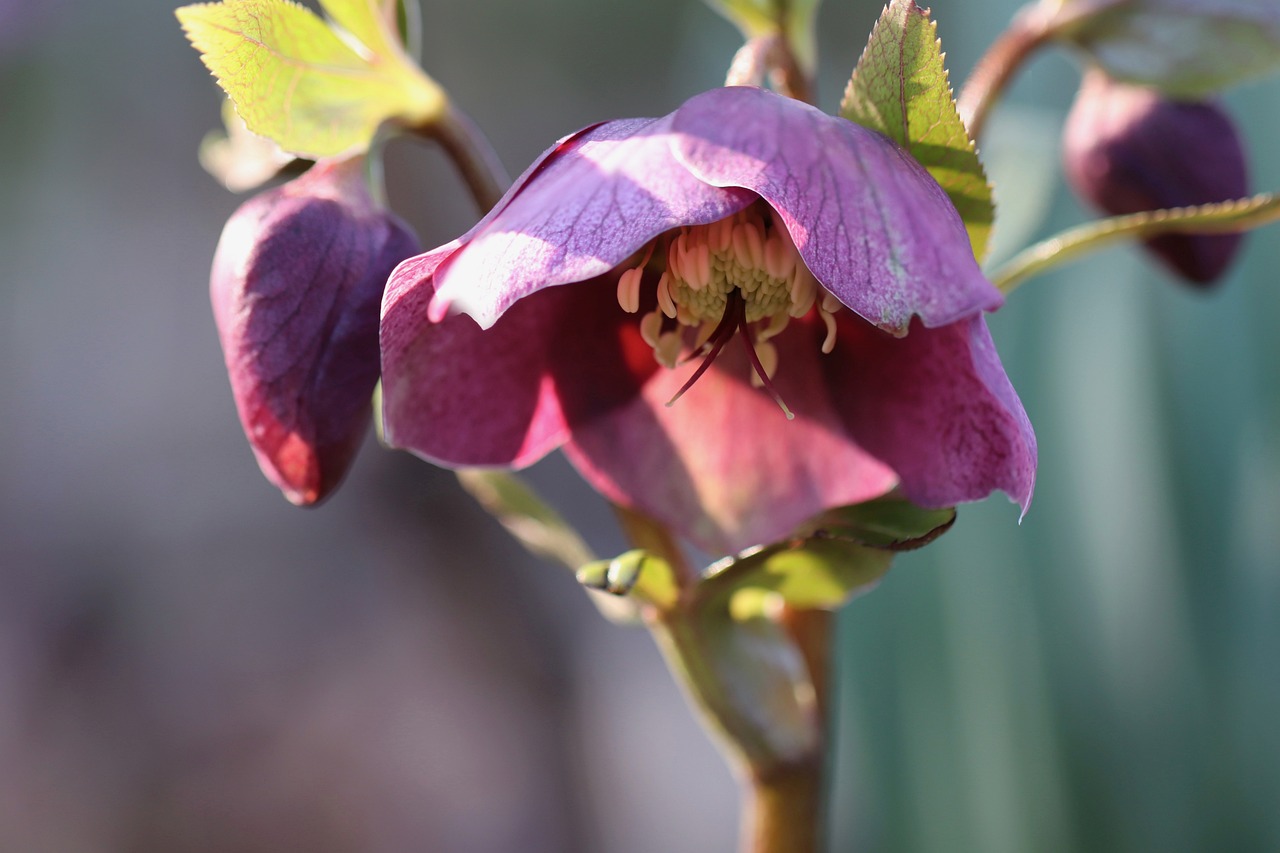
Caligula’s Interest in Medicinal Plants
Recent research has revealed a fascinating aspect of Caligula, the ancient Roman emperor known for his notorious cruelty and insanity. Contrary to popular belief, a new study suggests that Caligula may have had a considerable interest in medicinal plants. This unexpected finding is based on an anecdote recorded by the Roman historian Suetonius, which highlights Caligula’s knowledge of the medicinal uses of plants, particularly in relation to a senator seeking treatment for an illness.
Research Insights from Trevor Luke
The study, co-authored by Trevor Luke, a professor of classics at Florida State University, delves into an episode where a senator traveled to Antikyra for treatment with hellebore, a plant that is now known to be toxic. The senator’s request to extend his stay was met with Caligula’s brutal response—execution—under the claim that the senator had not benefited from the treatment. This incident illustrates not only Caligula’s knowledge of medicinal plants but also his willingness to resort to extreme measures. Luke expressed both surprise and understanding regarding Caligula’s interest in plants, noting that a ruler with a reputation for poisoning would logically have an understanding of toxic plants.

Historical Context of Antikyra
Antikyra is likened to the modern-day Mayo Clinic, serving as a destination for those seeking effective medical treatments. Historically, it attracted individuals from across the Roman Empire who sought cures for persistent ailments. The significance of Antikyra’s medicinal practices is underscored by the fact that local healers combined hellebore with another plant called sesamoides, enhancing the safety and effectiveness of their remedies. This blend exemplifies the sophisticated knowledge of plant-based medicine that existed even in ancient times.
Caligula’s Possible Motivations
While some may label Caligula as a “plant nerd, ” Luke suggests that the emperor’s study of plants was not merely a hobby. The context of his reign, marked by paranoia and the threat of assassination, likely motivated Caligula’s interest in poisons and their antidotes. Historical accounts indicate that several of Caligula’s family members died under suspicious circumstances, prompting an awareness of the dangers associated with poisoning. Thus, Caligula’s engagement with medicinal plants can be seen as a blend of self-defense and practical knowledge rather than simple curiosity.
Critical Analysis of Ancient Sources
Luke emphasizes the importance of approaching ancient texts, such as those by Suetonius, with a critical lens. He argues that Suetonius crafted narratives designed to shock and provoke, often distorting events to enhance their sensationalism. This notion is crucial for modern readers seeking to understand the complexities of Caligula’s character and actions. Luke’s research encourages a deeper exploration of the historical context, suggesting that many of the more outrageous claims about Caligula may not reflect the full truth.
Conclusion on Caligula’s Legacy
In summary, the exploration of Caligula’s relationship with medicinal plants provides a nuanced perspective on a figure often characterized solely by his tyrannical rule. The evidence presented by Luke and his co-authors sheds light on the multifaceted nature of Caligula, illustrating that even the most infamous leaders may possess unexpected interests and knowledge. As researchers continue to uncover the layers of history surrounding figures like Caligula, it becomes increasingly clear that their legacies are often more complex than they initially appear.
